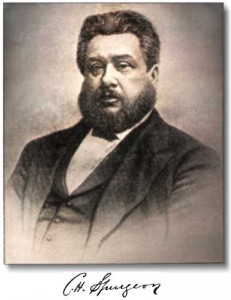By Mark Dever.
I often hear the question, “how do you apply the text in an expositional sermon?”
Behind this question may be many questionable assumptions. The questioner may be remembering “expositional” sermons he has heard (or maybe preached) that were no different from some Bible lectures at seminary—well-structured and accurate but demonstrating little godly urgency or pastoral wisdom. These expositional sermons may have had little if any application. On the other hand, the questioner may simply not know how to recognize application when he hears it.
William Perkins, the great sixteenth-century puritan theologian in Cambridge, instructed preachers to imagine the various kinds of hearers and to think through applications for each—hardened sinners, questioning doubters, weary saints, young enthusiasts, and so on.
Perkins’ advice is very helpful, but hopefully we do that already. I want to approach the topic of application slightly differently: not only are there different kinds of hearers, there are also different kinds of application. As we take a passage of God’s Word and explain it clearly, compellingly, even urgently, there are at least three different kinds of application which reflect three different kinds of problems encountered in the Christian pilgrimage. First, we struggle under the blight of ignorance. Second, we wrestle with doubt, often more than we at first realize. Third, we still struggle with sin—whether through direct disobedient acts or through sinful negligence. As preachers, we long to see changes in all three ways, both in ourselves and in our hearers every time we preach God’s Word. And all three problems give rise to a different kind of legitimate application.
